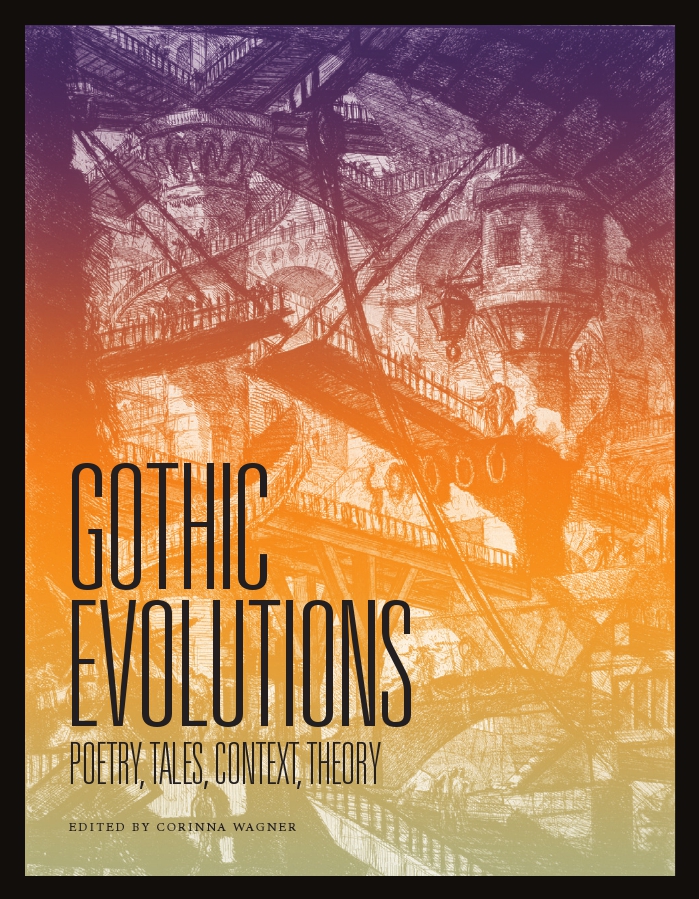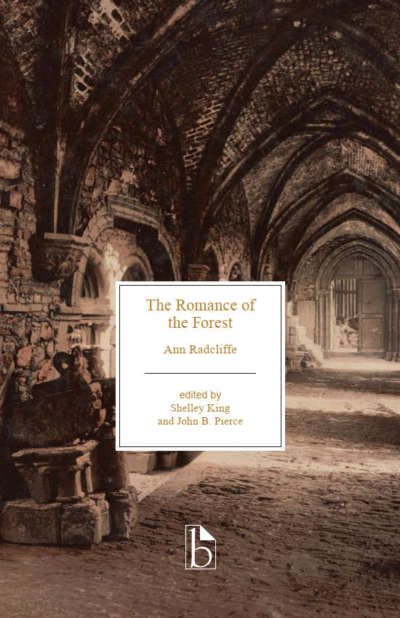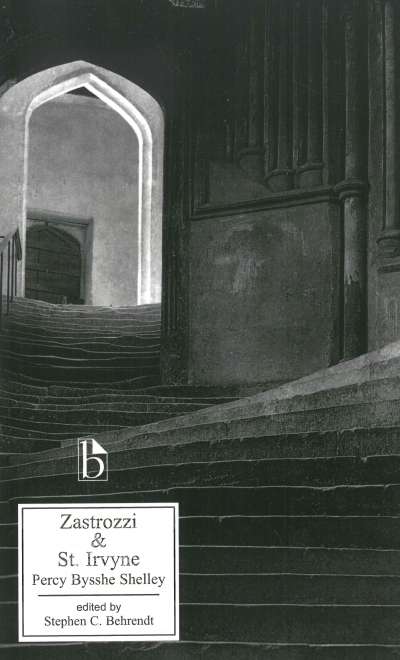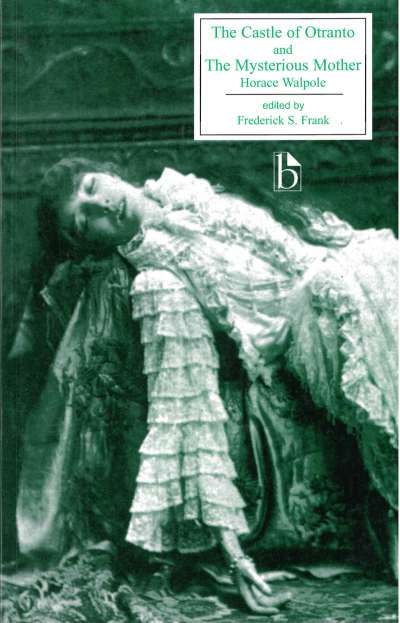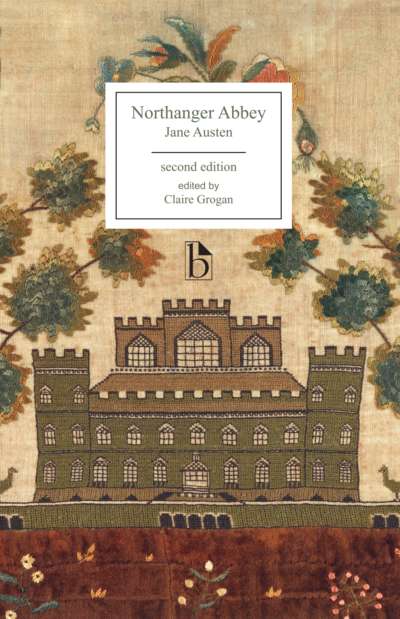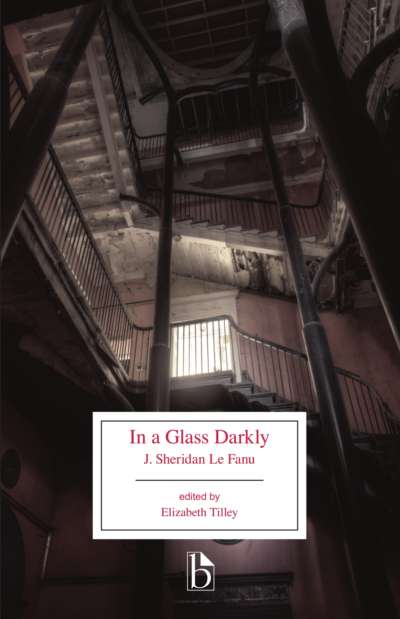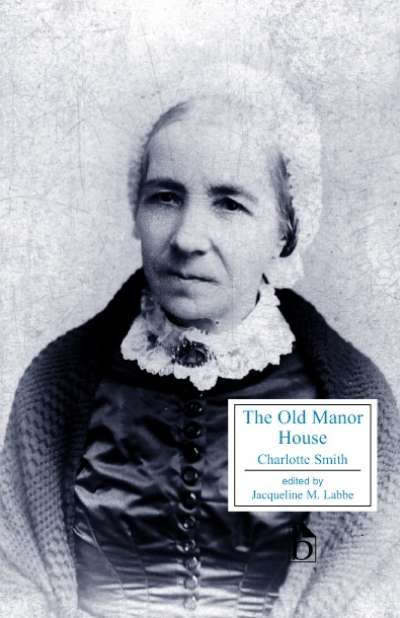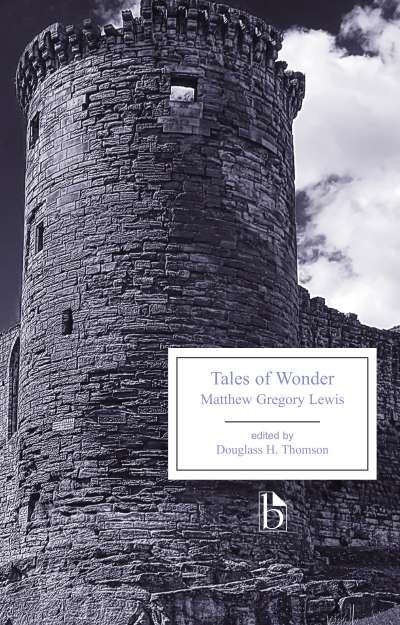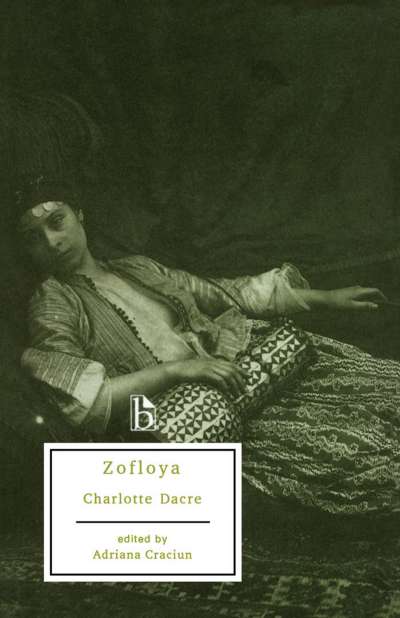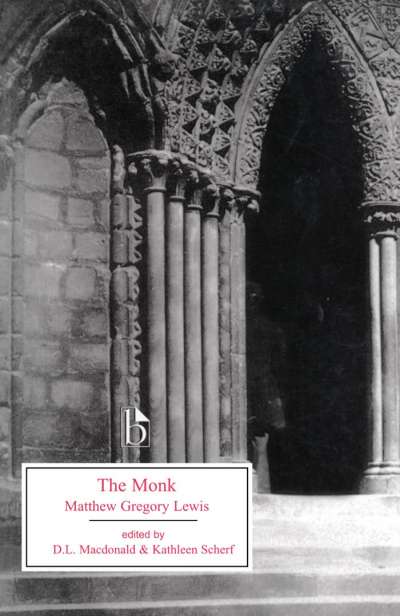The texts in this unique collection range from the Gothic Revival of the late eighteenth century through to the late Victorian gothic, and from the poetry of Wordsworth and Coleridge to the short fiction of H.G. Wells and Henry James. Genres represented include medievalist poetry, psychological thrillers, dark political dystopias, sinister tales of social corruption, and popular ghost tales.
In addition to a wide selection of classic and lesser-known texts from the eighteenth and nineteenth centuries, Gothic Evolutions includes key examples of the aesthetic, scientific, and cultural theory related to the Gothic, from John Locke and David Hume to Sigmund Freud and Julia Kristeva.
Comments
“Corinna Wagner’s capacious anthology brings together, like no other competing volume, a fresh and truly invigorating selection of Gothic tales, poetry, short stories, fragments, and dramas. Across its exciting range of primary texts, the anthology attests to the richness, diversity, longevity, and adaptability of the Gothic mode. Each of the collection’s featured writers is carefully introduced, glossed, and contextualized, while the anthology as a whole is supported by a rigorous and scholarly editorial framework, including a thematic guide, a detailed chronology, illustrations, suggestions for further reading, and several invaluable appendices of relevant historical and theoretical material. Wagner’s anthology contributes powerfully to existing scholarly debates while also providing an accessible introduction to Gothic studies. As important a resource for the student as for the established researcher, Gothic Evolutions is set to become a benchmark volume in the field.” — Dale Townshend, University of Stirling
“Corinna Wagner’s wonderfully rich compendium of poems and tales could easily serve as the single textbook for a survey of the Gothic. Familiar poems and tales are freshly contextualized, both historically and thematically, and the collection also includes a number of unexpected pleasures from lesser-known authors. The appendices provide generous excerpts from the later-modern political philosophy, aesthetic theory, and social medicine that influenced the Gothic, as well as more recent theoretical approaches to the genre. Wagner’s lucid introduction examines the origins of Gothic literature in medievalism and faux-medievalism, and tracks its evolving but always ambivalent relationship to its own times. Gothic Evolutions is an exciting new resource for teachers and scholars of the eighteenth- and nineteenth-century Gothic, and indeed for all who love the genre.” — Kelly Hurley, University of Colorado at Boulder
Illustrations
A Thematic Guide to the Anthology
Acknowledgements
Introduction
A Chronology of Major Social, Political, Literary, and Cultural Events, 1742–1918
A Note on the Texts
Thomas Gray
- “Elegy Written in a Country Churchyard” (1751)
Charlotte Smith
- “Sonnet XII” (1784)
“Sonnet XLIV” (1784–97)
“Sonnet LXVII” (1784–97)
“Sonnet LXX” (1784–97)
Marquis de Sade
- “The Pimp Well Served” (c. 1787)
William Wordsworth
Samuel Taylor Coleridge
- “The Rime of the Ancient Mariner” (1798; 1800 version)
“Christabel” (1816)
Sir Walter Scott
- “The Fire-King” (1801)
“Ancient Gaelic Melody” (1819)
George Gordon, Lord Byron
- “The Giaour: A Fragment of a Turkish Tale” (1813)
E.T.A. Hoffmann
John Polidori
Percy Bysshe Shelley
John Keats
- “La Belle Dame Sans Merci” (original 1819 version)
“Lamia” (1820)
“The Eve of St. Agnes” (1820)
Joanna Baillie
- “The Ghost of Fadon” (1821)
Samuel Warren
Anonymous
Charles Lever
- “Post-Mortem Recollections of a Medical Lecturer” (1836)
Edgar Allan Poe
- “Ligeia” (1838; 1840 version)
“The Pit and the Pendulum” (1842; 1845 version)
Alfred, Lord Tennyson
- “The Lady of Shalott” (1833; 1842 version)
Robert Browning
- “My Last Duchess” (1842)
“Porphyria’s Lover” (1842)
Nathaniel Hawthorne
Herman Melville
- “The Paradise of Bachelors and the Tartarus of Maids” (1855)
Christina Rossetti
Emily Dickinson
- “Of nearness to her sundered things” (1862, 337)
“I felt a funeral in my brain” (1862, 340)
“’Tis so appalling it exhilarates” (1862, 341)
“It was not death for I stood up” (1862, 355)
“I felt my life with both my hands” (1862, 357)
“After great pain a formal feeling comes” (1862, 372)
“One need not be a chamber to be haunted” (1862, 407, copy B)
“It knew no medicine” (1862, 567)
“I heard a fly buzz when I died” (1863, 591)
“Much madness is divinest sense” (1863, 620)
“I felt a cleaving in my mind” (1863, 867, copy B)
Charles Dickens
- “To Be Taken with a Grain of Salt” (1865)
S. Weir Mitchell
- “The Case of George Dedlow” (1866)
Charles Baudelaire
- “The Evil Monk” (1861)
“The Punishment of Pride” (1861)
“The Mask” (1861)
“More Than Night’s Vault, It’s You That I Adore” (1861)
“The Carcase” (1861)
“The Vampire” (1861)
“The Wine of the Rag Pickers” (1861)
“The Wine of the Murderer” (1861)
“The Metamorphoses of the Vampire” (1866)
Sheridan Le Fanu
Ivan Turgenev
- “The Dream” (1876)
“The Dog” (1878)
“My Adversary” (1878)
“Necessitas—Vis—Libertas!” (1878)
Robert Louis Stevenson
Rudyard Kipling
Charlotte Perkins Gilman
- “The Yellow Wallpaper” (1892)
Kate Chopin
- “Désirée’s Baby” (1893)
“The Story of an Hour” (1894)
Arthur Machen
- “The Inmost Light” (1894)
H.G. Wells
- “The Stolen Bacillus” (1895)
“The Triumphs of a Taxidermist” (1895)
Izumi Kyōka
- “The Surgery Room” (1895)
Mary Elizabeth Braddon
- “Good Lady Ducayne” (1896)
Henry James
- “The Way It Came” (“The Friends of the Friends”) (1896)
Richard Marsh
- “The Adventure of Lady Wishaw’s Hand” (1898)
Charlotte Mew
- “The Fête” (1914)
“In Nunhead Cemetery” (1916)
“Madeleine in Church” (1916)
Appendix A: Political Context and the History of Ideas
- From Thomas Hobbes, Leviathan (1651)
- From John Locke, An Essay Concerning Human Understanding (1690)
- From David Hume, Essays Moral, Political, and Literary (1742–54)
- From Immanuel Kant, “An Answer to the Question: What Is Enlightenment?”(1784)
- From Edmund Burke, Reflections on the Revolution in France (1790)
- From Jeremy Bentham, Panopticon; Or, The Inspection-House (1791)
- From William Godwin, Enquiry Concerning Political Justice (1793)
- From Thomas Malthus, An Essay on the Principle of Population (1798)
- From Thomas Carlyle, The French Revolution (1837)
- From Karl Marx and Friedrich Engels, The Communist Manifesto (1848)
- From John Stuart Mill, On Liberty (1859)
Appendix B: Aesthetic Theory and the Gothic
- From Edmund Burke, A Philosophical Enquiry into the Origin of Our Ideas of the Sublime and Beautiful (1757)
- From Richard Hurd, Letters on Chivalry and Romance (1762)
- From Immanuel Kant, Critique of Judgment (1790)
- From A.W.N. Pugin, Contrasts (1836)
- From John Ruskin, The Stones of Venice (1851–53)
Appendix C: Science, Medicine, and the Gothic
- From Johann Caspar Lavater, Essays on Physiognomy (1789)
- From M.D.T. de Bienville, Nymphomania (1775)
- From Eliza Farnham, Rationale of Crime and Its Appropriate Treatment (1846)
- From Charles Darwin, The Origin of Species (1859)
- From Charles Darwin, The Expression of the Emotions in Man and Animals (1872)
- From Thomas Laycock, Mind and Brain (1860)
- From Sir Francis Galton, Inquiries into Human Faculty and Its Development (1883)
- From Henry M. Boies, Prisoners and Paupers (1893)
- From Cesare Lombroso and Gina Lombroso-Ferrero, Criminal Man (1911)
- From Cesare Lombroso and William Ferrero, The Female Offender (1895)
- From Max Nordau, Degeneration (1895)
Appendix D: Critical Theory and the Gothic
- From Sigmund Freud, “The Uncanny” (1919)
- From Michel Foucault, “Of Other Spaces: Heterotopias” (1967)
- From Michel Foucault, Discipline and Punish (1975)
- From Julia Kristeva, The Powers of Horror: An Essay on Abjection (1982)
Suggested Reading
Corinna Wagner is Senior Lecturer in the Department of English at the University of Exeter, UK.

